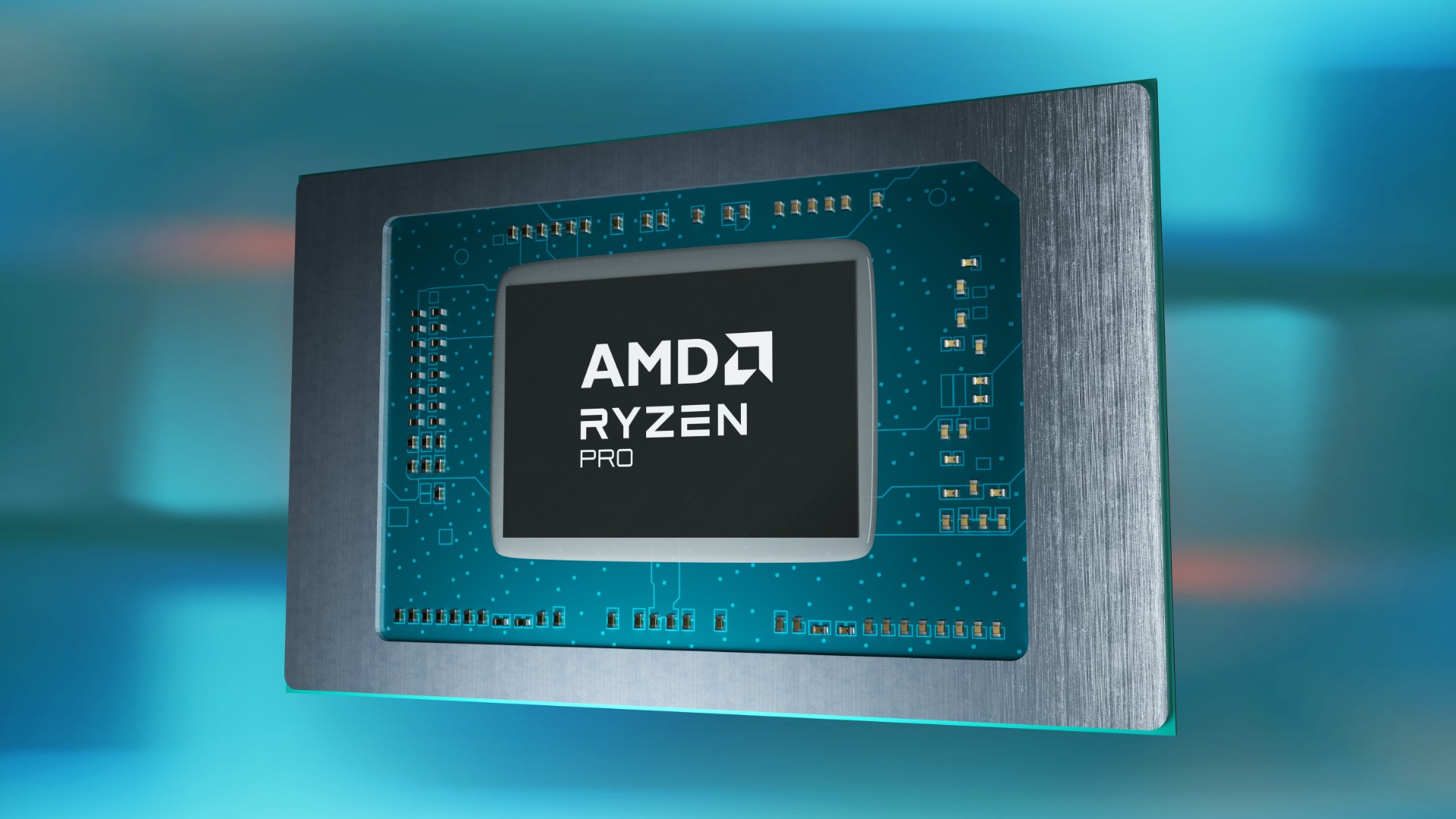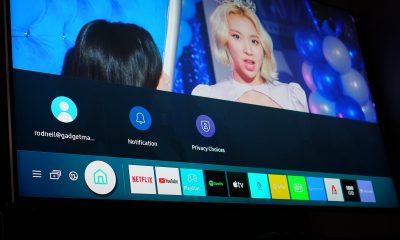Events
Samsung Galaxy Note 7: live blog

Samsung’s next big phone is all but official. Just about every detail of the Galaxy Note 7 has been leaked online, including the iris scanner it will reportedly have. We’ll be able to confirm that, and more, first-hand later today after Samsung debuts the new Note at the Unpacked 2016 event in New York City.
We will be bringing you the full scoop, straight from the source, so bookmark this page and check back later for live updates. Trust us when we say we’ve got you covered with everything you need to know about the Note 7.
The Samsung Unpacked 2016 event starts at 11 a.m. ET.

Events
Stellar Blade: PlayStation taps cosplayers to play Eve for game’s launch
Exclusive items up for grabs too

PlayStation Asia has tapped different cosplayers to dress-up as Eve in anticipation of sci-fi action adventure title Stellar Blade. Larissa Rochefort, Le Josette, and Rurusama will grace a one-of-a-kind meet and greet event on April 27. That’s the same weekend of the game’s launch.
There will be three simultaneous meet and greets across Indonesia, Malaysia, and Singapore. Since slots are limited, fans are encouraged to register via PlayStation Asia’s link here.
The venue and time details are as follows:
- Indonesia: GSSHOP, Gandaria City Lt. 2, Jakarta, 1:00 PM to 4:00 PM
- Malaysia: Anime Fest+ 2024 booth A25 and A26, Tropicana Gardens Mall Convention Centre, Kuala Lumpur, 2:00 PM to 4:00 PM
- Singapore: 313@Somerset, 3:00 PM to 5:00 PM
Aside from seeing the cosplayers as the title’s main character, fans will also get a chance to redeem exclusive merchandise and try the game on PlayStation 5. Based from PlayStation Asia’s posts, prizes include exclusive vinyl and USB flash drives.
Here’s a glimpse of the cosplayers.
Rurusama
Larissa Rochefort
Le Josette
GadgetMatch was already able to try Stellar Blade‘s demo preview. For a quick refresher, here’s the link where you’ll find more details about the game’s visuals, character designs, gameplay, and more: Stellar Blade First Impressions
It’s fitting that PlayStation Asia thought of this idea for a launch event. We already know for a fact that players can customize Eve with various outfits. Seeing the cosplayers in the flesh is like seeing different versions of Eve. And that’s just a glimpse of the entire sci-fi world Shift Up’s platformer is about to offer.
Stellar Blade will be accessible by April 26.
Deals
Samsung Fanfest: How to win meet and greet tickets to BINI, more
The Samsung Awesome Summer Fanfest

Fancy a meet and greet with the country’s girl group sensation BINI? How about the love team of Donny Pangilinan and Belle Mariano and OPM rising star Adie?
The Samsung Awesome Summer Fanfest is happening this April 13 and 14 at SM North EDSA Annex. (more…)

AMD Chair and CEO, Dr. Lisa Su will deliver the opening keynote at the Computex 2024 in Taiwan, the Taiwan External Trade Development Council (TAITRA) announced.
Computex 2024 will be held from June 4 to 7 at the Taipei Nangang Exhibition Center Halls 1 and 2. Dr. Su will have her keynote address a day before the event’s proceedings.
As her company is known for being a leading developer of computer processors and more, she is expected to discuss the next generation of AMD products, breakthrough AI capabilities, and intelligent devices.
Dr. Su recently received the highest semiconductor honor from IEEE: the Robert N. Noyce Medal.
Computex 2024 and the AI era
A leading global technology exhibition, this year’s Computex will fittingly focus on the AI PC era. The event will cover six major themes:
- AI computing
- Advanced Connectivity
- Future Mobility
- Immersive Reality
- Sustainability
- Innovations
Computex 2024 will also feature partners like Acer, ASRock, ASUS, Delta, Gigabyte, G.Skill, Intel, MSI, Pro Gamersware, and more. Furthermore, there will be an InnoVEX exhibit for startups to connect teams from around the world.
The event will be the 24th staging of the mid-year tech show in Taipei.
-

 Accessories2 weeks ago
Accessories2 weeks agoApple Vision Pro Review: Two Months Later
-

 Features5 days ago
Features5 days agoFortify your home office or business setup with these devices
-

 Gaming1 week ago
Gaming1 week agoThe Rogue Prince of Persia looks like an ultra-colorful roguelite
-

 Philippines2 weeks ago
Philippines2 weeks agovivo Y100 to release in Philippines on April 27
-

 Gaming1 week ago
Gaming1 week agoStar Wars Outlaws release date revealed
-

 Events1 week ago
Events1 week agoStellar Blade: PlayStation taps cosplayers to play Eve for game’s launch
-

 Accessories1 week ago
Accessories1 week agoLogitech unveils G Pro X 60 gaming keyboard: Price, details
-

 Deals2 weeks ago
Deals2 weeks agoSamsung Awesome April: Deals on Galaxy A series























